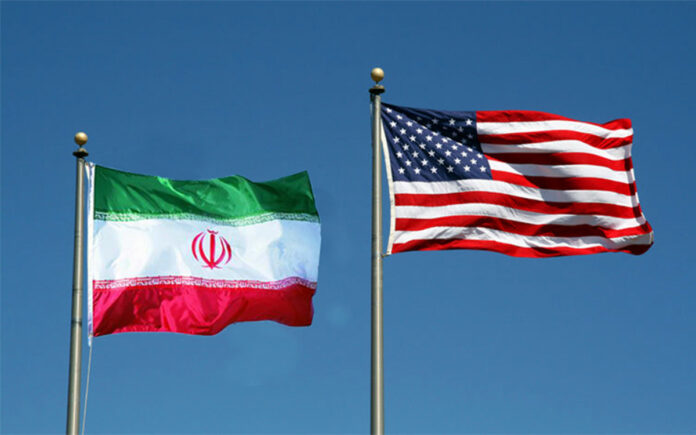New York: The longstanding tensions between Washington and Tehran, primarily centered around Iran’s contentious nuclear program, have escalated amidst the Israel-Hamas conflict involving their respective allies.
Reports emerged on Friday from the American news website Axios, revealing that US and Iranian officials participated in indirect discussions in Oman with a focus on de-escalating regional tensions.
Late on Saturday, a local news agency quoted the representative of the Islamic Republic of Iran to the United Nations, confirming the indirect negotiations in Oman. The representative emphasized that such talks have occurred previously and are likely to continue, although specific details regarding the timing and location were not disclosed.
These discussions unfolded in the aftermath of Iran’s significant drone and missile strike on Israel between April 13 and 14, purportedly in retaliation for a fatal air strike on April 1, attributed to Israel. The April strike resulted in the destruction of Iran’s consulate in Damascus and claimed the lives of seven Revolutionary Guards, including two generals.
Also Read | Israel’s Aerial Assault on Gaza Intensifies as US Envoy Convenes with Benjamin Netanyahu
While the Israeli army reported successfully intercepting most of the more than 300 missiles and drones launched by Iran, with assistance from the United States and other allies, the attack resulted in minimal damage.
Subsequently, explosions occurred at a site in Iran’s central province of Isfahan less than a week later, widely reported in US media as an Israeli response to the Iranian attack.
Also Read | Iranian President Ebrahim Raisi’s Helicopter Involved in ‘Hard Landing’ Incident in Azerbaijan: Reports
Iran, however, has downplayed the reported Israeli raid, asserting that it will refrain from retaliating unless its “interests” are targeted again.
Despite their adversarial relationship, Iran and the US have engaged in discussions in recent years, primarily focusing on limiting Tehran’s nuclear program, facilitating the exchange of prisoners, and releasing Iran’s funds held overseas.



